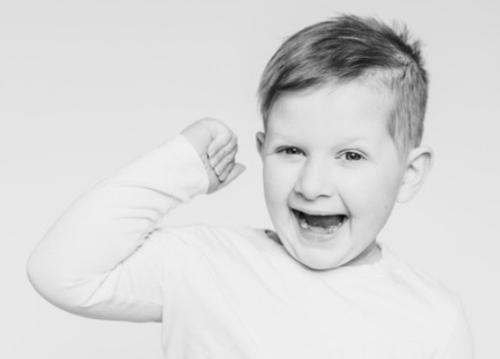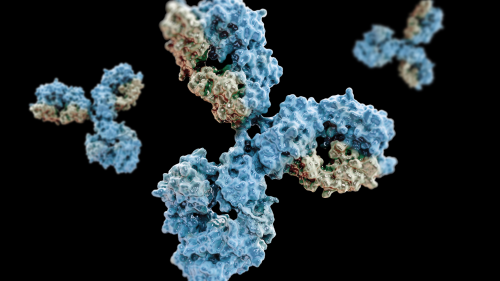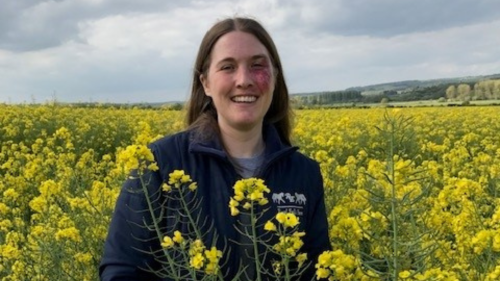
-
Understanding primary immunodeficiency (PI)

Understanding PI
The more you understand about primary immunodeficiency (PI), the better you can live with the disease or support others in your life with PI. Learn more about PI, including the various diagnoses and treatment options.
-
Living with PI
-
Addressing mental health
-
Explaining your diagnosis
- General care
- Get support
- For parents and guardians
-
Managing workplace issues
- Navigating insurance
-
Traveling safely

Living with PI
Living with primary immunodeficiency (PI) can be challenging, but you’re not alone—many people with PI lead full and active lives. With the right support and resources, you can, too.
-
Addressing mental health
-
Get involved

Get involved
Be a hero for those with PI. Change lives by promoting primary immunodeficiency (PI) awareness and taking action in your community through advocacy, donating, volunteering, or fundraising.
-
Advancing research and clinical care
-
Grants
-
IDF surveys
-
Participating in clinical trials
-
Diagnosing PI
-
Consulting immunologist
-
Clinician education

Advancing research and clinical care
Whether you’re a clinician, researcher, or an individual with primary immunodeficiency (PI), IDF has resources to help you advance the field. Get details on surveys, grants, and clinical trials.
-
Grants
Celebrities: They’re Just Like Us. Written from the perspective of Tracy Shaw, Chair, Board of Trustees
As you may have seen, the team at the Immune Deficiency Foundation (IDF) has been brought on board as a partner to the national campaign called ‘Up the Antibodies’ aimed at raising awareness of the challenges facing the immunocompromised community. As part of that effort, IDF VP of Communications Tammy Black and I were invited to New York in September to take part in a special Q&A session - that felt more like friends sharing lived experiences – with Kumail Nanjiani and Emily V. Gordon, followed by a series of media interviews.

While the experience was certainly thrilling and exciting as we got to rub elbows with global celebrities, it was humbling and humanizing at the same time. Emily has been living life with PI for more than a decade. Her condition was so severe that she was hospitalized and placed in a medically induced coma in 2006. A decade later, in 2017, Emily was diagnosed with Common Variable Immunodeficiency (CVID). As a result, Emily and Kumail found themselves struggling, like many of us in the PI community, to find any sense of normalcy during and after the pandemic hit. To sit with them as they personally shared their experience was sincerely touching but also reassuring and validating.
Kumail spoke about his role as a supporter and caregiver for Emily. It is clear he wants what is best for her and helps her manage her time and energy. He shared how he eventually recognized he needed to take a step back and allow her to set her own boundaries and manage her condition in a way she felt comfortable.
Listening to and talking with Emily and Kumail, I couldn’t help but draw parallels to my own personal experiences with my daughter Madison. An experience many in the PI community can identify with as a caregiver or patient. From the time she was born, Maddie seemed to have a fragile immune system. Throughout middle school, she had seen 21 different doctors and had been hospitalized 13 times. Still, her condition went undiagnosed until she was 12 – and only after I came across a poster for a PI advocacy organization at the Dallas airport. 72 hours later, we were at Yale New Haven Hospital for an immunology appointment with my trusty two-inch thick binder detailing Madison’s long medical history.
My daughter’s diagnostic odyssey continued for another year and brought us to more hospitals across New England, including Boston Children’s, before doctors were finally able to diagnose her condition. As Maddie’s mother and caregiver, I have struggled with the internal dilemma of wanting to keep her safe and protected while also giving her the freedom to spread her wings. I found comfort and validation when Kumail echoed these same thoughts and feelings as he continues to navigate life as a husband and caregiver to Emily.
It drove home this important point again for me and all the caregivers out there – it’s important to understand we can love a lot and still only do so much. The person living with PI must be given space to decide what their limits are and how they want to live their life. As time has gone on, I’ve become more comfortable with the concept of letting go. I’m confident that I’ve prepared Maddie to lead an independent life by connecting her with resources and communities, like the amazing one IDF provides, where she can express herself and thrive.
While many Americans have moved on from the COVID-19 pandemic, the reality is that immunocompromised individuals simply do not have that luxury. They, and their supporting community, are getting vaccinated and still wearing masks, avoiding large gatherings, and social distancing – to the point where many of us are remaining somewhat isolated. No one wants COVID, and we don’t want to infect our loved ones with compromised immune systems who may be in fragile health.
The mask mandates, lockdowns, and uncertainty brought on by the pandemic prompted widespread feelings of empathy for the immunocompromised community, as people were finally able to see what life was like for the most vulnerable members of our society. That empathy has faded, however, as much of the population has been vaccinated, mask mandates have been lifted, and life has returned to “normal” for so many people.
We are hopeful and believe that Up the Antibodies campaign will help further raise awareness of these conditions and the challenges the immunocompromised community faces when dealing with COVID-19 and other risks for infection.
For more information and resources on how you can protect yourself or a loved one from COVID-19, visit UpTheAntibodies.com.
Sign up for updates from IDF
Receive news and helpful resources to your cell phone or inbox. You can change or cancel your subscription at any time.





The Immune Deficiency Foundation improves the diagnosis, treatment, and quality of life for every person affected by primary immunodeficiency.
We foster a community that is connected, engaged, and empowered through advocacy, education, and research.
Combined Charity Campaign | CFC# 66309




